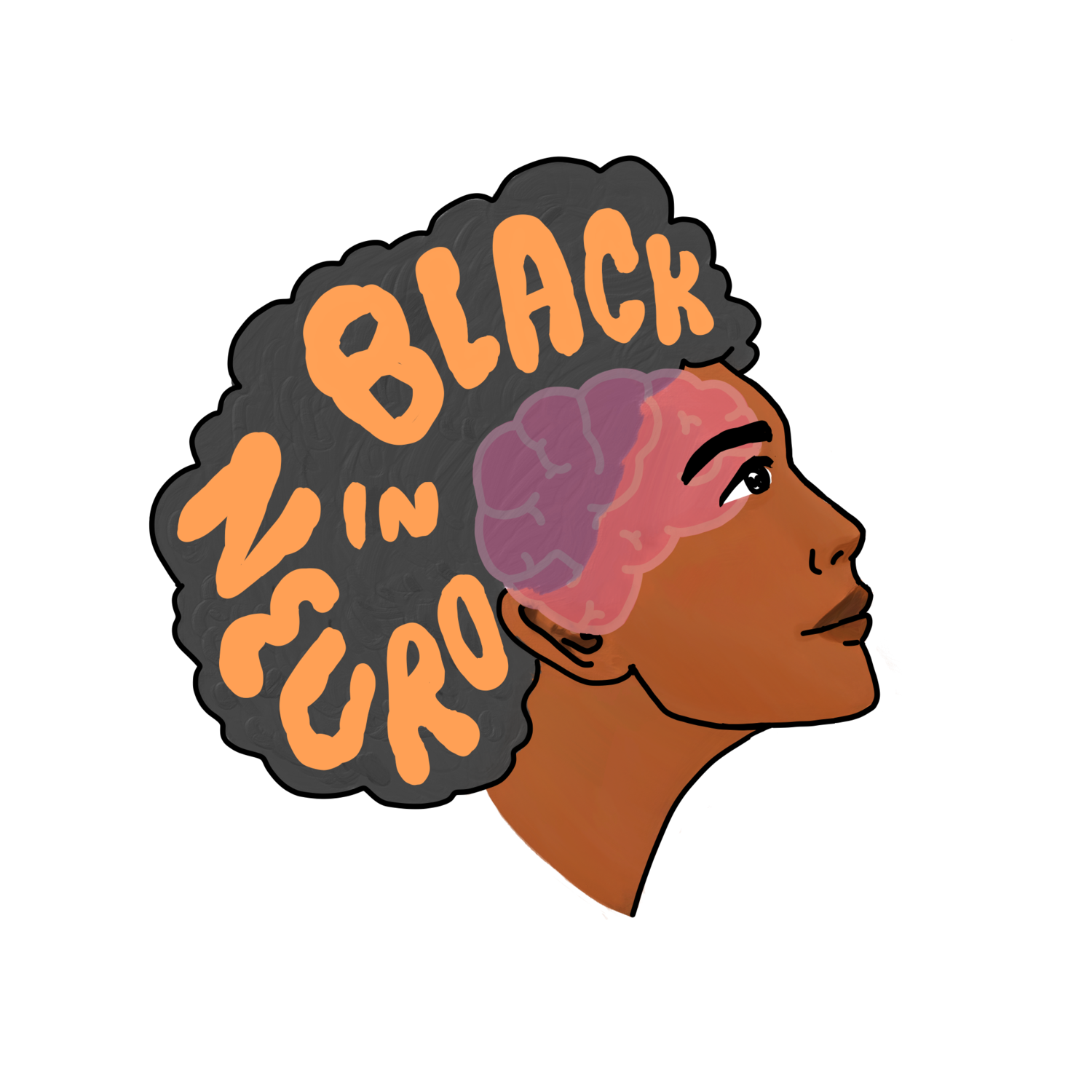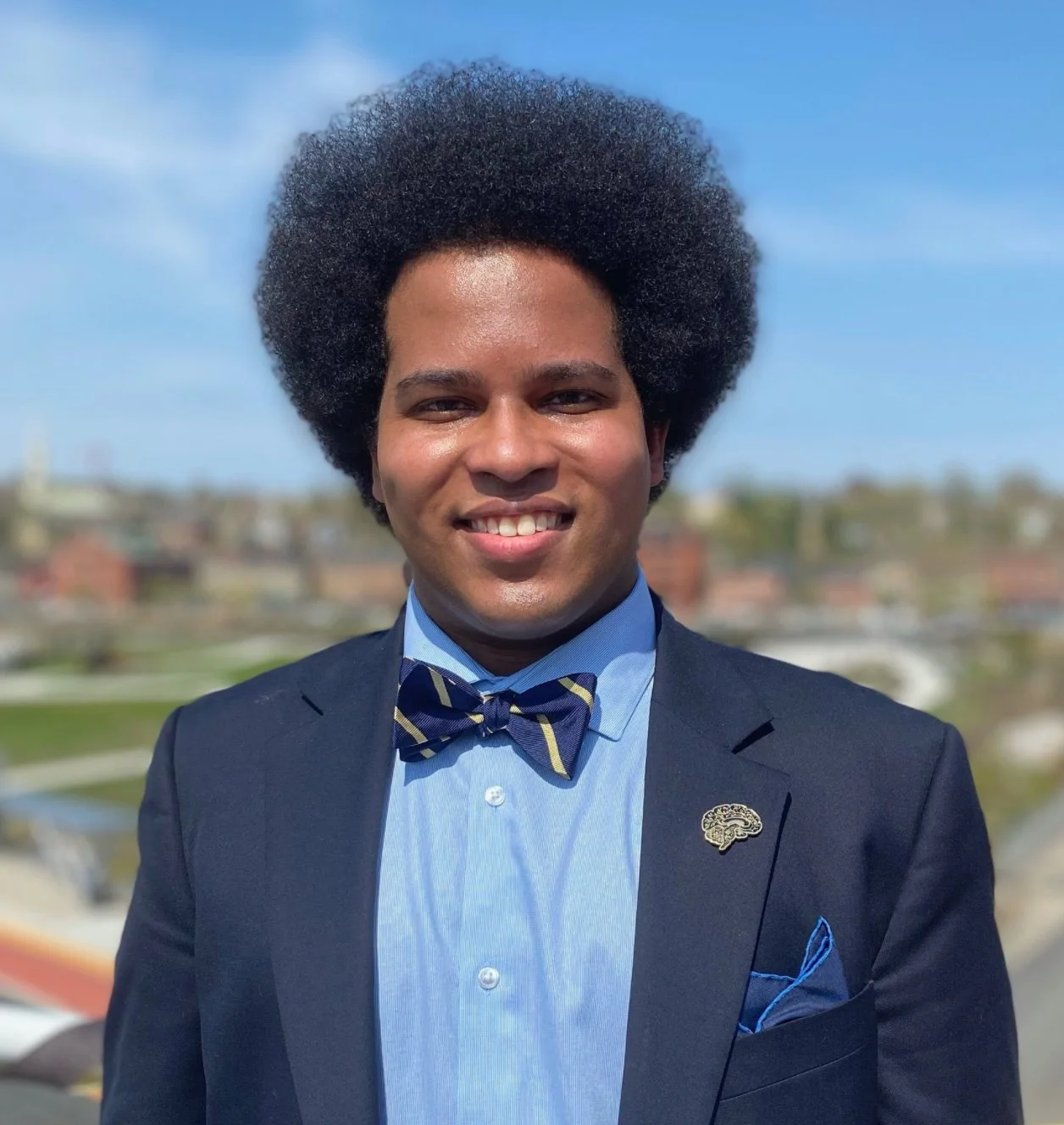Bridging Synapses: The Path Toward Becoming a Black Physician Scientist
I have been interested in the sciences since I was a child. Having never seen scientists or physicians who looked like me, I was never completely confident that pursuing a career in STEM was possible for me. During high school, I began taking more science courses because they excited me, and I realized I would love to further my interests in the sciences in college. During this time, I was encouraged by my parents to participate in summer science programs, like the Brain Sciences summer program. It was there that I discovered the field of Neuroscience, later declaring it as my undergraduate major when I committed to an Ivy League institution.
During my early college years, I connected with a mentor who was a Black astrophysicist leading a STEM Scholars Program with the mission of increasing and retaining underrepresented minorities in STEM. That professor had a tremendous effect on encouraging my interest in basic research. As I took on more responsibilities in the lab, I began to feel my interest in science grow beyond clinical medicine to incorporate the basic sciences that improve treatment outcomes. I pursued an opportunity to conduct research at Karolinska Institutet in Stockholm, Sweden, where I saw first-hand the critical role of biomedical research in improving treatment efficacy. I began to place a label on my aspirations – I wanted to become a physician-scientist. However, I had still not met a Black male physician or physician-scientist – which sometimes made my goal feel unattainable.
While studying neuroscience in college, my grandmother was diagnosed with vascular dementia – a neurodegenerative disease that disproportionately affects many older individuals of African American and Caribbean descent. As my grandmother lost more of her cognitive abilities, I learned more about her traumatic upbringing and began to contemplate whether poverty, neglect, and abuse in her childhood could have pre-disposed her towards diseases of the brain, such as vascular dementia. This triggered my interest in better understanding adverse childhood experiences, dementia, and the neurobiology of it all. Pursuing an MD-PhD moved from being a professional goal to a much larger mission to study and alleviate the effects of early life trauma which does not receive enough research attention. I found myself using my clinical observations to ask more translationally relevant research questions in the lab, my interests now lying at the nexus of social determinants of health and molecular neurobiology. My clinical and personal experiences inspire me to serve minority and underserved patient populations which consistently face health disparities.
The scientific path I have chosen continues to be onerous and lonely. More than sixty years after the first MD-PhD program was established, the AAMC estimates that a mere 3.3% of the 2021-2022 entering medical class were MD-PhD candidates. Not only that, but according to a recent NIH study, there were only approximately 400 black MD-PhDs nationally out of a field exceeding 10,000 active MD-PhD members. As I see the severe lack of Black physician-scientists in the US, I am increasingly mindful that personal and professional barriers faced by young Black scientists considering this path can feel insurmountable. Yet there is a vital need for us to be in this space, bridging the worlds of medicine and science while focusing on improving the health of populations with tremendous need.
Personally, I have experienced microaggressions and was discouraged from pursuing medicine, let alone an MD-PhD, at every level of my scientific career thus far. It makes me wonder, does the shortage of physician-scientists from under-represented minorities (URM) affect our understanding of disease mechanisms and their impact on certain patient populations? Are we graduating enough physician-scientists with an intricate or inherent understanding of unique health challenges of often neglected patient populations?
Treating patients from disenfranchised communities and backgrounds requires that we reach beyond the lab bench and bedside to fully understand the breadth of their interconnected social needs. It means a new breed of physician-scientists who can advocate for policies and social support systems to improve the environmental and social determinants of health that are at the root of many diseases that disproportionately affect Black and Brown patients. These patients deserve to experience physician-patient concordance which has been shown to improve treatment outcomes. Similarly, they deserve to be treated by physician-scientists who have a thorough understanding of their social challenges and who are committed to studying the diseases they suffer from, understand their needs beyond their symptoms, and are committed to addressing health disparities
As I write this today, I have been accepted to multiple MD and MD-PhD programs, including esteemed Medical Scientist Training Programs funded by NIH. My goal is to become a pediatric psychiatrist and neurobiologist, studying the molecular and neurobiological mechanisms underlying early life trauma and comorbidities with psychiatric, neurodegenerative, and metabolic diseases. I owe where I am today to the family, friends, and mentors who continue to believe in my dream to become a physician-scientist. I look forward to beginning my journey as an MD-PhD student and am privileged to have grown closer to others – such as some amazing fellow scientists in the Black In Neuro community – who share my passion in this exciting journey.


